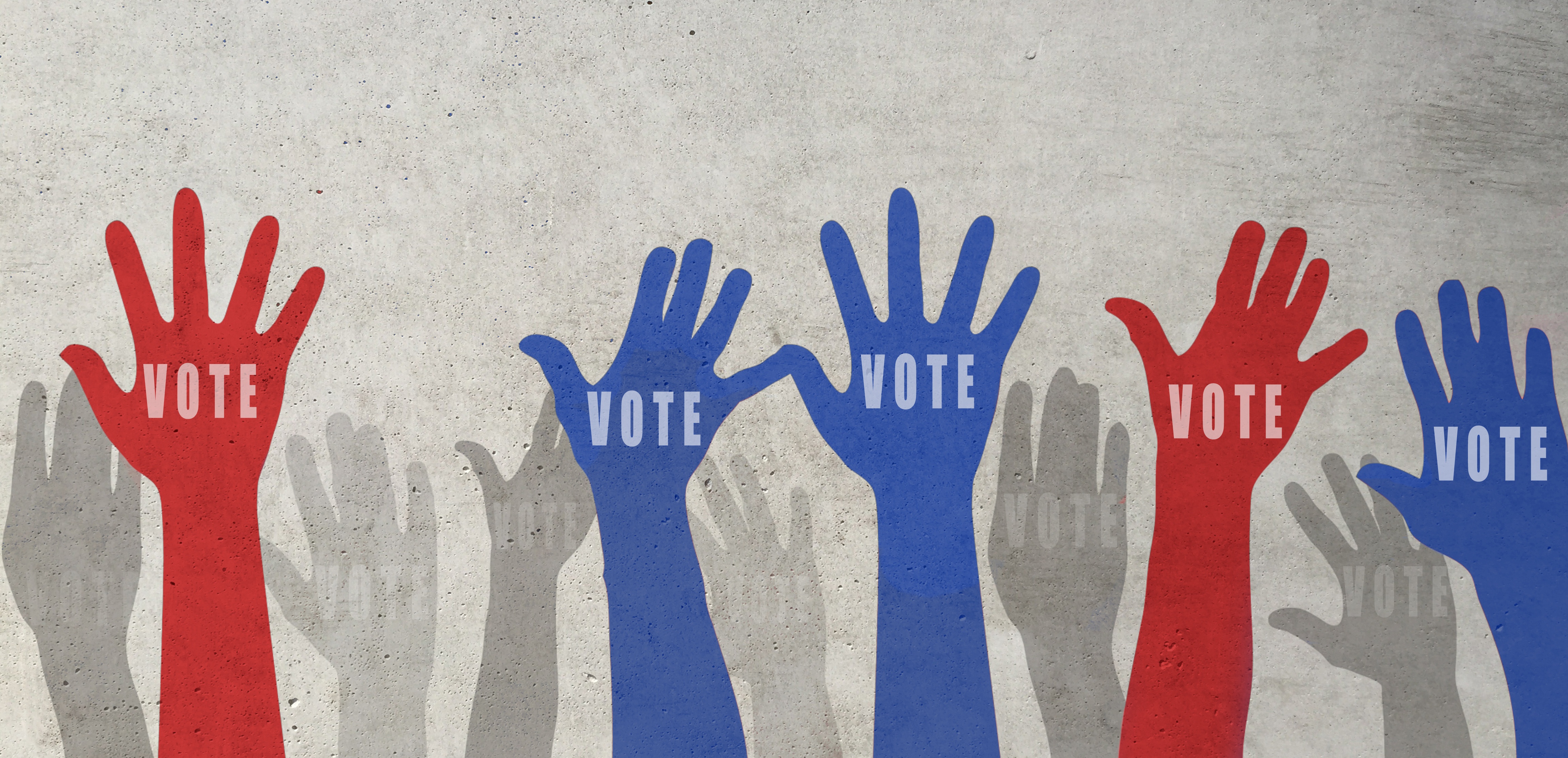
Today’s News, Tomorrow’s History is an ongoing series with Listenwise. This series connects Facing History’s themes with today’s current events using public radio to guide and facilitate discussions around the social issues of our time. We will take a look at the benefits and challenges of lowering the voting age in the United States.
Young students have been vocal in calling for gun control since the tragic shooting in Parkland, Florida. These high school students have shown articulate, organized, powerful arguments in protest of current gun laws. But legally, these students cannot exercise their dissatisfaction with their lawmakers at the voting booth since they are not of age to vote. The federal voting age in the United States was lowered from 21 in 1971, to match the draft age to fight in Vietnam, which was 18.
There is now a movement to change the voting age to 16. Other countries such as Argentina and Brazil allow everyone age 16 and older to vote in national, state, and local elections. One of the leaders of this movement is Lorelei Vaisse, a high school senior and advisory board member for Vote16USA. Since many issues affect 16 year olds, she believes they should be able to vote. Young people are expected to follow the law but don’t have a say in who makes the laws. One of the setbacks in this effort was in San Francisco when a proposition on the ballot to lower the voting age did not pass in 2016. Vaisse was discouraged but also stated that the number of people who support this proposition increased, so she wouldn’t say it failed.
One of the arguments against lowering the voting age is that adolescents don’t have the maturity to make good decisions. However, scientific studies show that by mid-adolescence, the brain has matured and young people have the ability to reason logically with facts. Arguments for lowering the voting age include examples such as Takoma Park, Maryland, a town that allowed 16 and 17 year olds to vote in local elections. There is also evidence that parents are more likely to vote if their teenagers vote. Listen to hear more about the this debate.
Join the conversation:
- What are some reactions to the proposal that 16 year olds be able to vote?
- What are some of the reasons to allow or not allow 16 year olds to vote?
- Do you think maturity should be a factor in the voting age? Why or why not?
- Debate: Should the voting age be lowered?
Keep the conversation going with Facing History’s resources:
- Use our teaching idea, “After Parkland, Students Choose to Participate,” to address the ways young people are choosing to participate as upstanders and civic agents.
- Use our lesson, “The Audacity of a Vote: Susan B. Anthony’s Arrest,” to help students analyze a daring challenge to the social order at that time when women were not allowed to vote.
- Read about the experience of one Facing History student who voted for the first time in high school while encouraging her peers to become politically engaged before they are legally of age to vote.
Explore more stories from Listenwise:
- Listen to this story about young first-time voters in the 2016 U.S. election.
- This story debates whether to allow non-citizens to vote in local elections.
- Listen to hear about different states’ requirements to vote.
Listenwise helps teachers use public radio stories in their classrooms. To find more public radio stories and lessons for your middle and high school ELA, social studies, and science classrooms you can sign up for a free Listenwise account!



